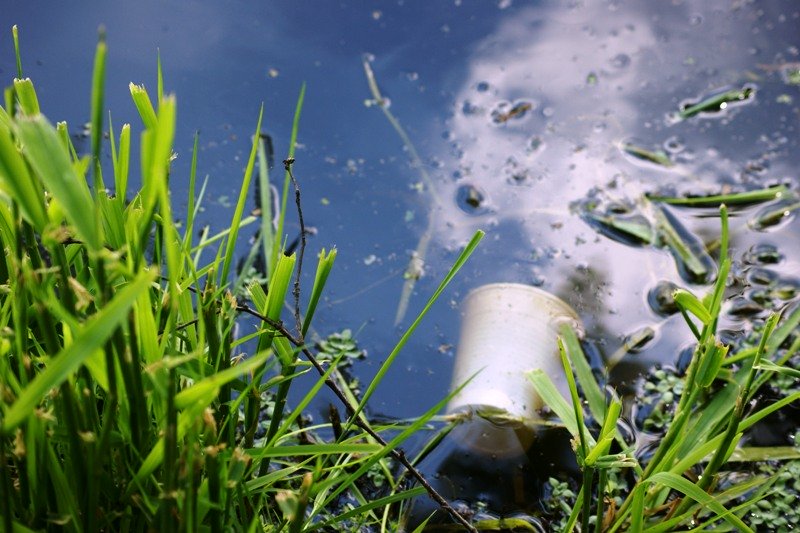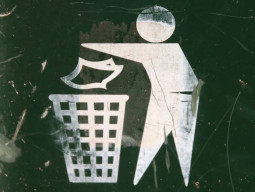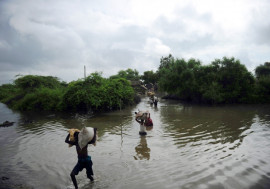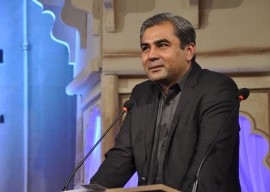
In the Ghari Afghana village of Taxila, villagers had to contend with overflowing sewage and pools of wastewater accumulated in the streets for decades, risking waterborne diseases. Now, for at least for a quarter of the village’s 1,000 households, the wastewater is no longer a problem.
A bioremediation facility for wastewater treatment has been built in the village by a civil society organisation (CSO) and the community with financial aid provided by the Grassroots Initiative Programme (GRIP) of the Ministry of Environment and UN and the One UN Joint Programme on Environment (JPE).

Sanitation lines from the local school and around 200 households have been connected to the facility and the treated wastewater is currently being used for irrigation.
“There was no proper sanitation system in the village before the remediation plant was constructed,” said Maimoona Shahzadi, a local schoolteacher. “Now bad odour from the stagnant pools of wastewater is gone and the medical expenditures of the community have also decreased.”
Shahzadi was one of around three dozen community and CSO representatives from all over Pakistan - people who had worked on GRIP-funded projects in their districts - turned up at a learning and experience sharing workshop in Islamabad on Thursday.
“GRIP was initiated to assist CSOs by giving them small grants for integrated environmental projects,” said Amanullah Khan, the National Project Coordinator of the One UN JPE.

Khan said that the GRIP was launched in October 2010, in collaboration with the government, with a $1.2 million funding to complete 24 projects in 19 districts across the country.
The projects were divided into the three thematic areas of grassroots climate change initiatives, community-based natural resource management and solid waste management and sanitation, said Shahzad Ashraf, the civil society coordinator of the One UN JPE.
The projects were selected from the concept papers submitted by the CSOs using criteria that included project’s sustainability, methodology and cost-effectiveness.
Three projects were carried out in Azad Jammu and Kashmir, four in Balochistan, three in Gilgit-Baltistan, five in Khyber-Pakhtunkhwa, six in Punjab and three in Sindh. All projects have been completed and over 6,000 households have benefited from the projects, Ashraf said.
The bioremediation facility project, developed with the help of the National Agriculture Research Centre, was the idea of Fazilia Trust, a local CSO that runs a charity school in Ghari Afghana.
The wastewater is collected in three septic tanks, from where it is carried to fields with plants such as typha and bulrush. These plants detoxify the water. The water is further cleaned in a filtering pool that contains coal, salt and calcium. The clean water is being used for an organic garden where Fazilia Trust has planted herbs and fruit trees.
In other projects, Adnan Khan from Dir said that his CSO has built water ponds, conducted small-scale water harvesting and planted drought-resistant almonds. Ishrat Fatima, a housewife from Skardu, said the fuel-efficient stoves introduced in her village under the GRIP project have reduced their daily use of wood for fuel by around 40 per cent and eased women’s workload.
During the workshop, community representatives discussed the challenges they faced in completing the projects and came up with recommendations to overcome challenges in future.
Published in The Express Tribune, June 21st, 2013.















1710998259-0/pti-(1)1710998259-0-270x192.webp)


























COMMENTS
Comments are moderated and generally will be posted if they are on-topic and not abusive.
For more information, please see our Comments FAQ